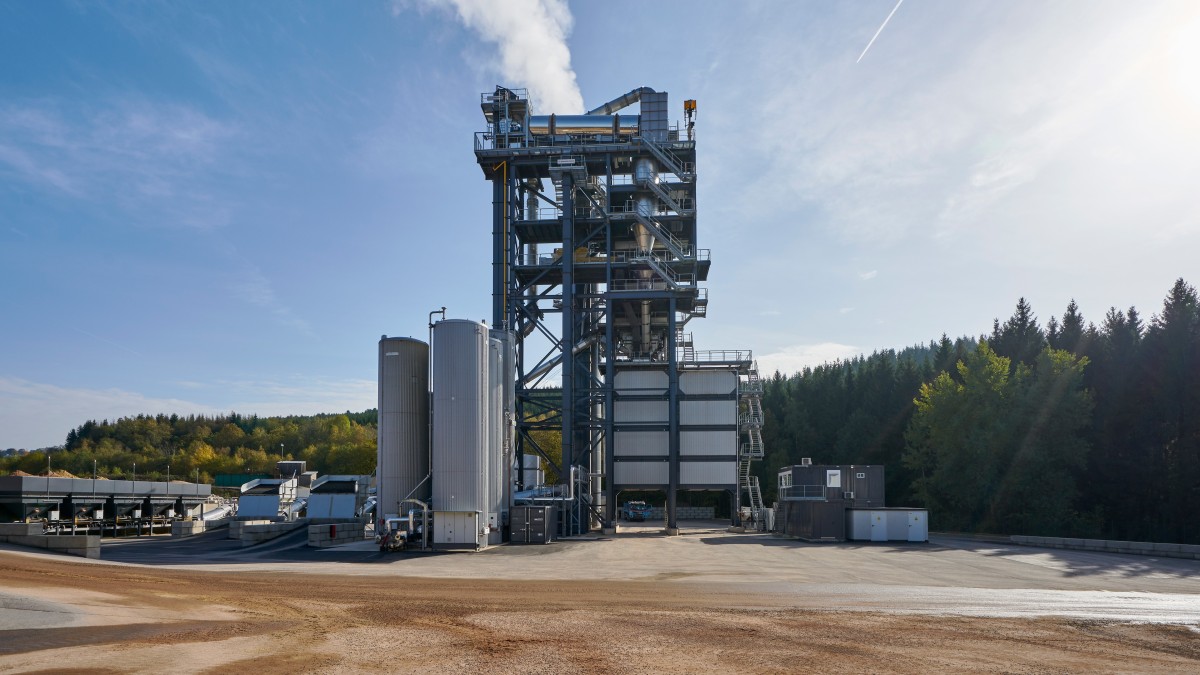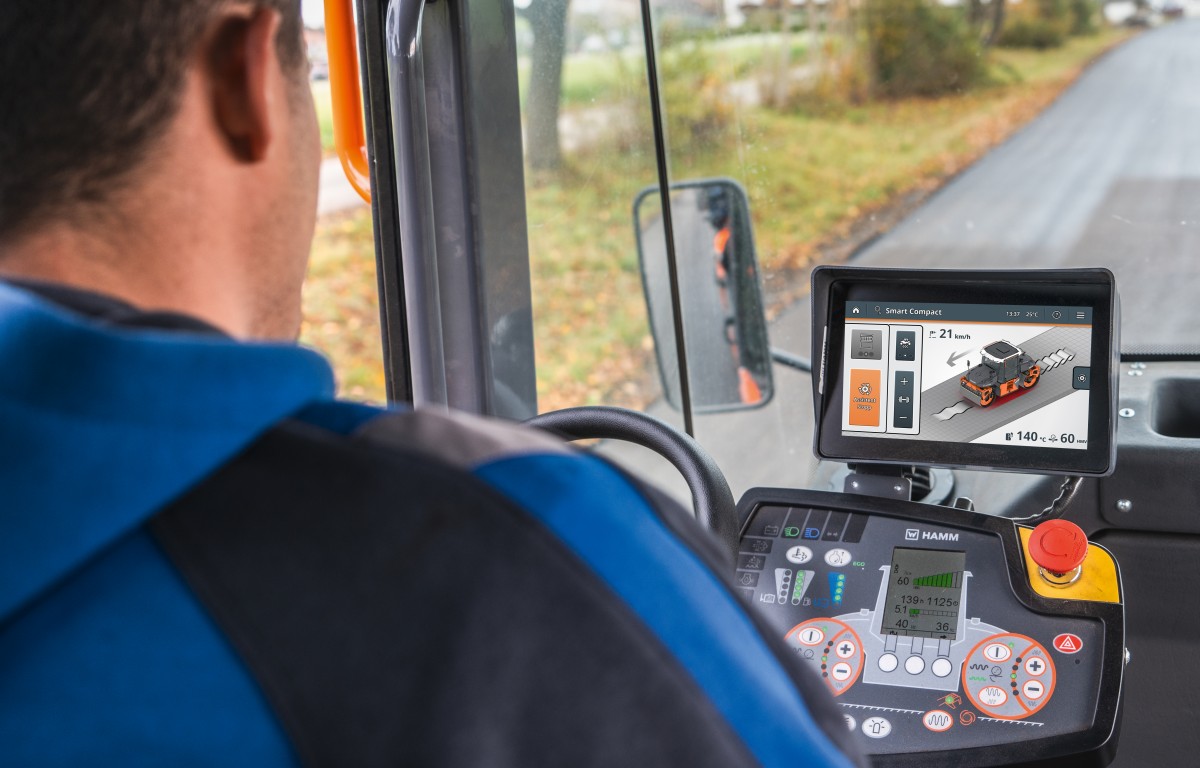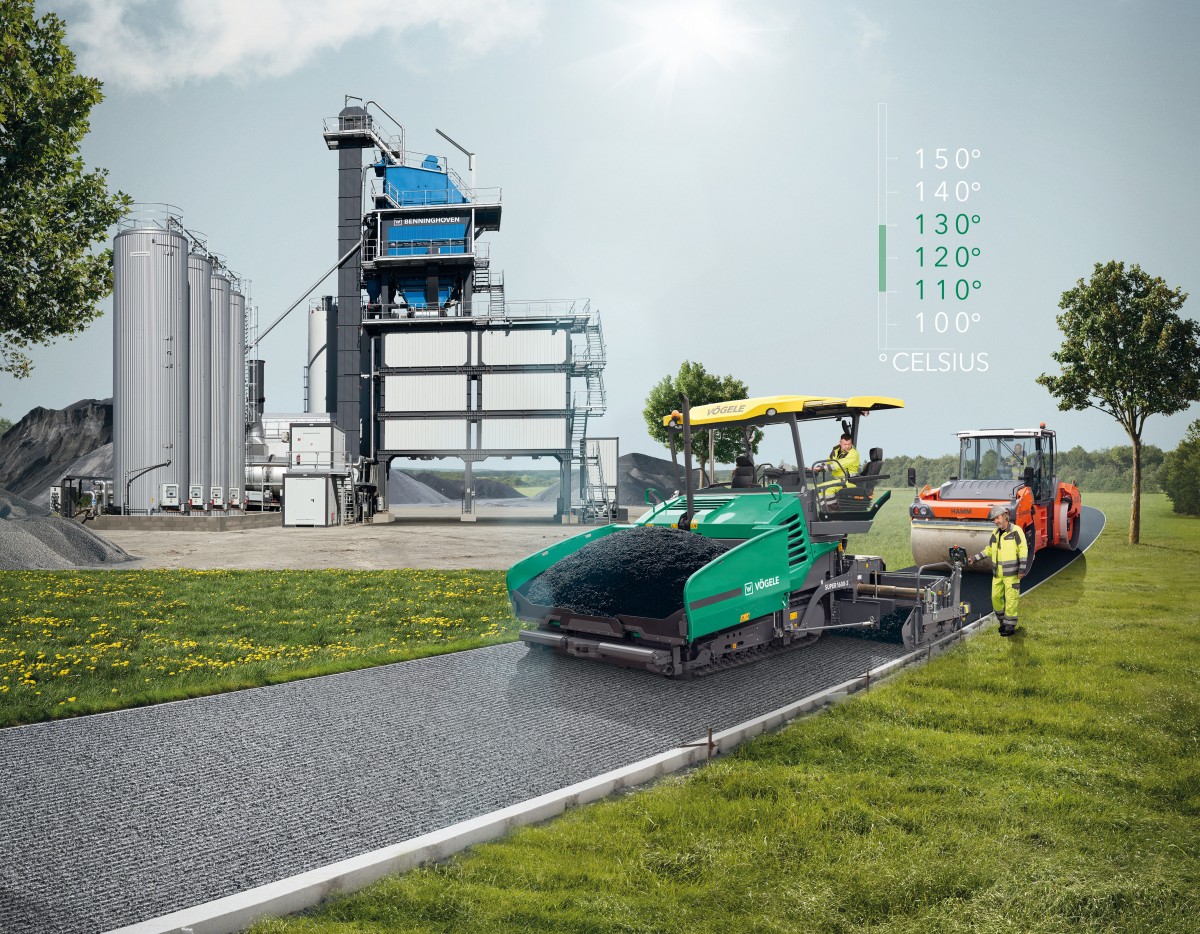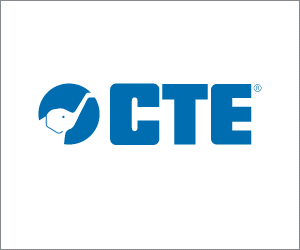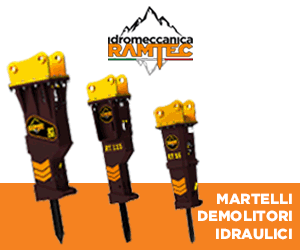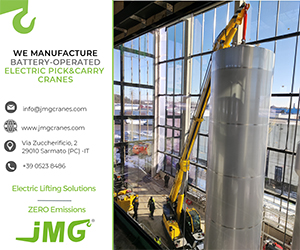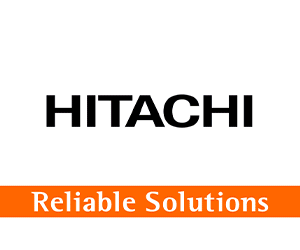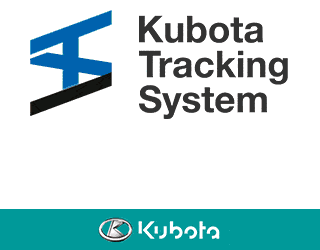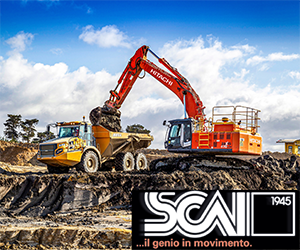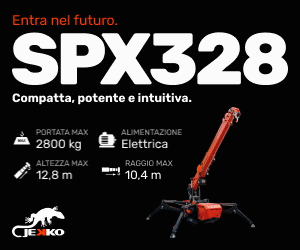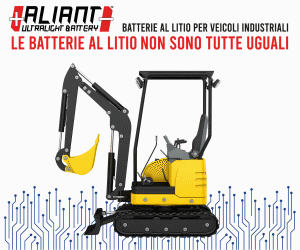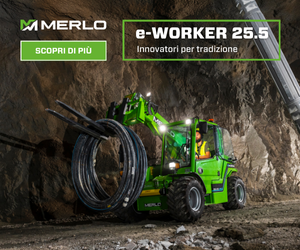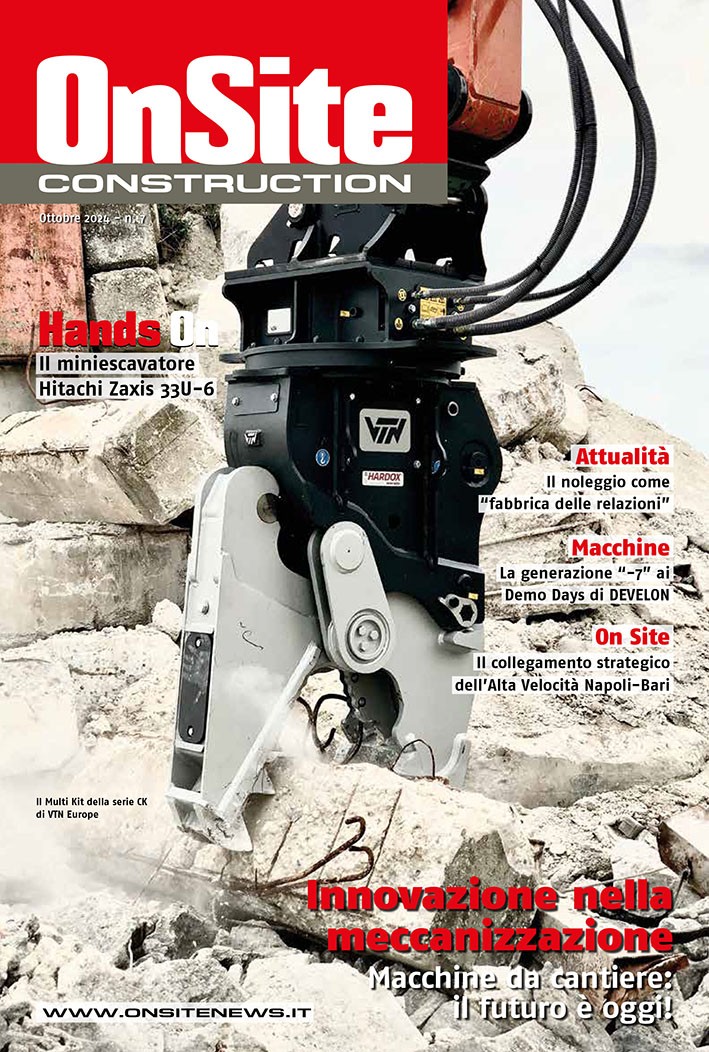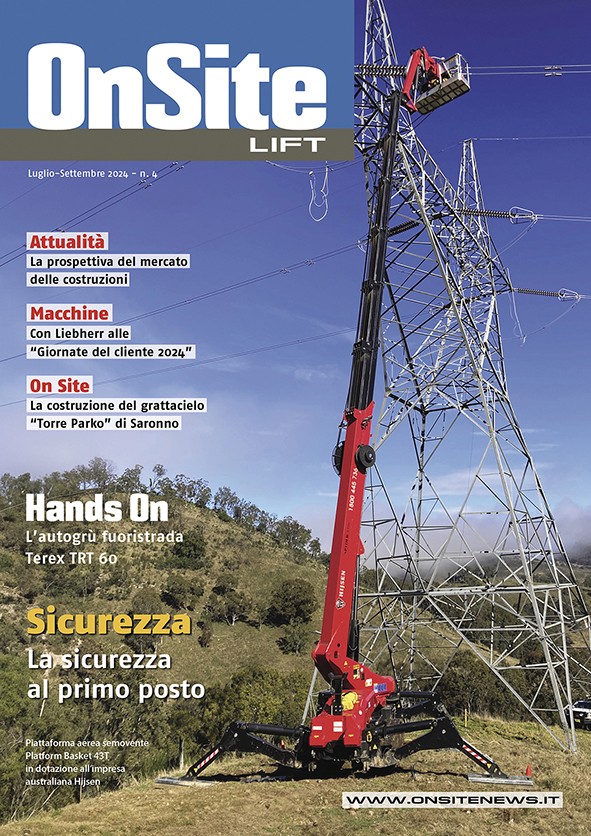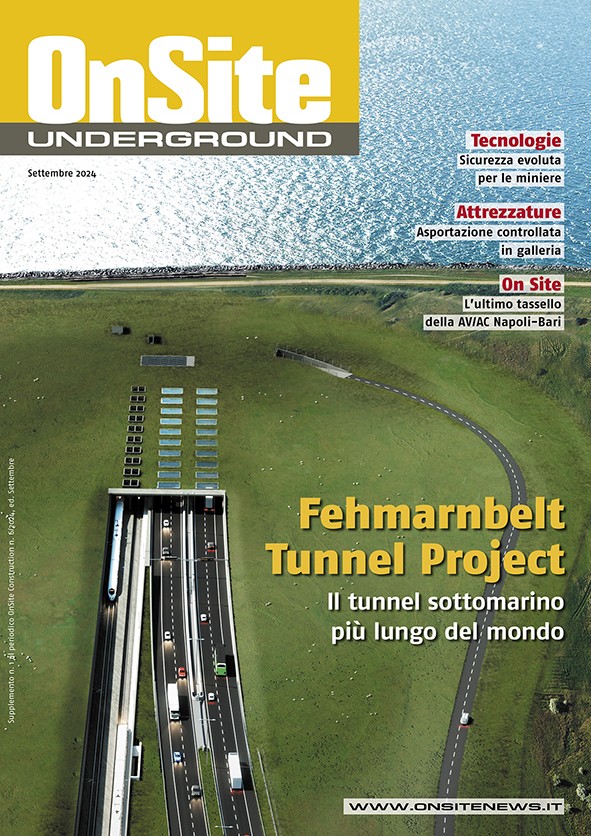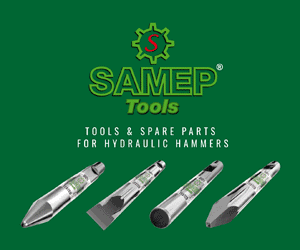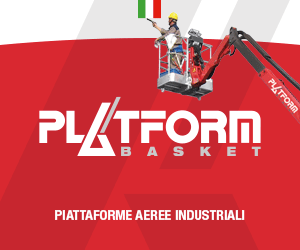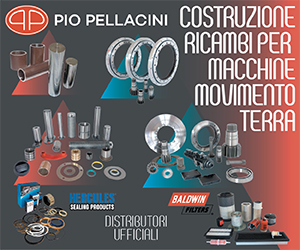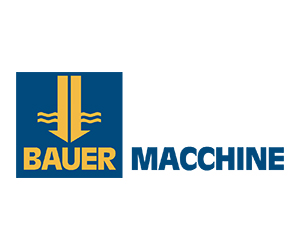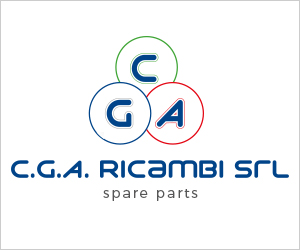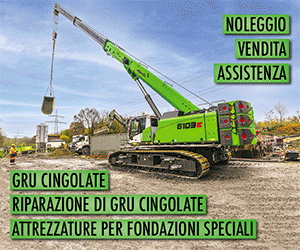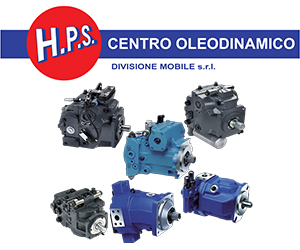Home \ International \ How is reduced-temperature asphalt produced?
How is reduced-temperature asphalt produced?
02/09/2024
Pubblicato da Redazione
The energy-saving potentials are one of the most important drivers behind the current, strongly growing importance of reduced-temperature asphalt as a road construction material.
The energy-saving potentials are one of the most important drivers behind the current, strongly growing importance of reduced-temperature asphalt as a road construction material. Technologies and solutions from the Wirtgen Group deliver the answers to this trend – and play an important role in ensuring that the production and use of lower-temperature mixes can be realised in practice with conventional methods and equipment.
Reduced-temperature asphalts – also known as low-temperature asphalt, warm asphalt, or warm mix – are mixes produced at temperatures of 110°C to 130°C. In contrast, conventional hot-mixed asphalts are produced at 140°C to 180°C – typically with hot bitumen at a temperature of 160°C as a binding agent. There are various reasons for the growing trend toward the use of this construction material in many countries and regions.
As the overall energy balance of these mixes is much more favourable, reduced-temperature asphalts also bring considerable financial benefits. Lower energy input always means fewer emissions, in particular, a considerable reduction of CO₂ emissions. Increased environmental friendliness is an important issue, which explains why reduced-temperature asphalt ranks high on the agenda of authorities around the globe. According to the German Asphalt Association, a temperature reduction of only 30°C results in a saving of 0.9 l of heating oil (or a fuel equivalent) per tonne of finished asphalt. At a daily production rate of 2,000 t of mix, this corresponds to savings of 1,800 l of oil – or up to three-quarters of the annual heating energy consumed in a domestic household. The reduction in CO₂ emissions amounts to 6,000 kg per day. The figures that can be achieved in the real world are even higher – primarily because the reduction in temperature is frequently 50°C or more.
The major contribution to energy saving and the reduction of emissions lies in the asphalt production process, namely in the asphalt mixing plants. As a specialist for the production and recycling of all kinds of asphalt mixes, Benninghoven can draw on many years of experience and expertise, also with regard to the realisation of sustainable technologies. The reduction of bitumen viscosity is a basic requirement in the production of asphalt at lower temperatures. In view of this, Benninghoven has developed and successfully implemented a variety of solutions for temporarily lowering its viscosity. These include high-precision metering systems for the addition of liquid or solid additives and the foamed bitumen module.
Foamed bitumen is interesting because this binding agent requires only one additive – water, a commodity that is always readily available at asphalt mixing plants. Mixing hot bitumen with water increases its volume many times over, which is why this process is also referred to as ‘bitumen foaming’. Due to the surface energy released, the binding agent coats the aggregate extremely well during the mixing process – even at low temperatures – and results in smooth paving properties. The technology behind the foamed bitumen module offers a key benefit for asphalt mixing plant operators. This plant option only needs to be installed as an extension to the weighing and mixing section. It consists of a bitumen pump, an expansion chamber, pipework, injection bars and a water metering system. Thanks to Benninghoven’s ‘Plug & Work’ concept, the foamed bitumen module can also be retrofitted to existing plants at any time. This enables the production of reduced-temperature asphalts that can easily compete with conventional mixes.
Many contractors who have worked up to now almost exclusively with conventional hot mixes ask themselves how reduced-temperature asphalt behaves during paving with road pavers. The advantages gained during the paving process begin before the paver itself comes into play. The use of mobile feeders from the Vögele PowerFeeder series is essential when working with reduced-temperature asphalts due to their ability to offload an entire 25 t truckload of mix in only 60 seconds. In conjunction with an extra material hopper, it’s possible to bunker up to 45 t of material on the paver. This enables non-stop paving and establishes the basis for the sufficiently broad time-window that is particularly critical when compacting reduced-temperature asphalt. An effective conveyor belt heating system that maintains the right temperature of the asphalt mix during transportation to the paver also plays a role in this. In addition, the components of all screeds that come into contact with the material are also electrically heated. The use of Vögele’s high-compaction technology has proven to be particularly advantageous during paving. In this context, pressure bars powered by pulsed-flow hydraulics achieve a high degree of pre-compaction, which also extends the time window for the rollers. In addition, Vögele has developed and already implemented specific technologies that play a valuable role in the processing of reduced-temperature asphalts – namely WITOS Paving Plus and RoadScan.
Site logistics plays a particularly important role when working with reduced-temperature mixes. The biggest challenge here is the time-window available for compaction: Reduced-temperature asphalts in particular become increasingly resistant to compaction as their viscosity increases, which makes it essential to complete the process at the highest possible material temperature. However, as these asphalts are produced at a lower temperature, the gears must mesh perfectly during transportation and on the construction site to ensure that the rollers have as much time for compaction as possible. An integrated system solution for process optimisation and documentation such as WITOS Paving Plus, which comprises five coordinated modules for the various individuals involved in the process – from the mixing plant operator and truck driver to the site manager – can be used as an aid to the successful management of these complex processes. RoadScan has become established as a solution for monitoring and maintaining a constant temperature range of the mix. In the process, an infrared camera precisely measures the temperature of the entire area behind the road paver’s screed across a width of 10 m. The system makes the quality of paving with reduced-temperature asphalt a measurable and verifiable parameter, which can be important, for example, in the event of an inspection by the client.
For compaction, the use of reduced- temperature asphalt means that the time window available for achieving the required stiffness value is shorter. In order to achieve a high surface quality despite this, operators have a variety of solutions for compaction at their disposal. The first of these is oscillation, which was developed by compaction specialist Hamm around 40 years ago. The permanent contact of the oscillation drum with the asphalt layer enables rapidly increasing compaction. The more material-friendly compaction in comparison to vibration also ensures the prevention of surface damage during compaction at low asphalt temperatures. The advantages of oscillation also play an important role when processing joints and prevent damage to the already cooled asphalt. A further solution is the Hamm Smart Compact compaction assistant, which continuously regulates the compaction energy and mode in both drums of HX series tandem rollers under consideration of the cooling behaviour of the asphalt and the momentary stiffness values. For example, Smart Compact shows the operator whether compaction should be carried out statically, with vibration or with oscillation and selects the required compaction energy. The consequence of this is the effective prevention of over-compaction and surface damage and a reduction of the number of compaction passes required. Smart Compact increases the efficiency of the compaction process and makes optimal use of the available time.
The potential for saving energy is high when paving with reduced-temperature asphalt. The challenges simultaneously arising from the use of this road construction material can, however, be effectively overcome by the use of perfectly coordinated, state-of-the-art technologies such as those offered by the Wirtgen Group. Thanks to these, the lower temperature asphalt mix can not only be produced, but also paved and compacted with conventional methods.

Ultime notizie di Wirtgen Macchine
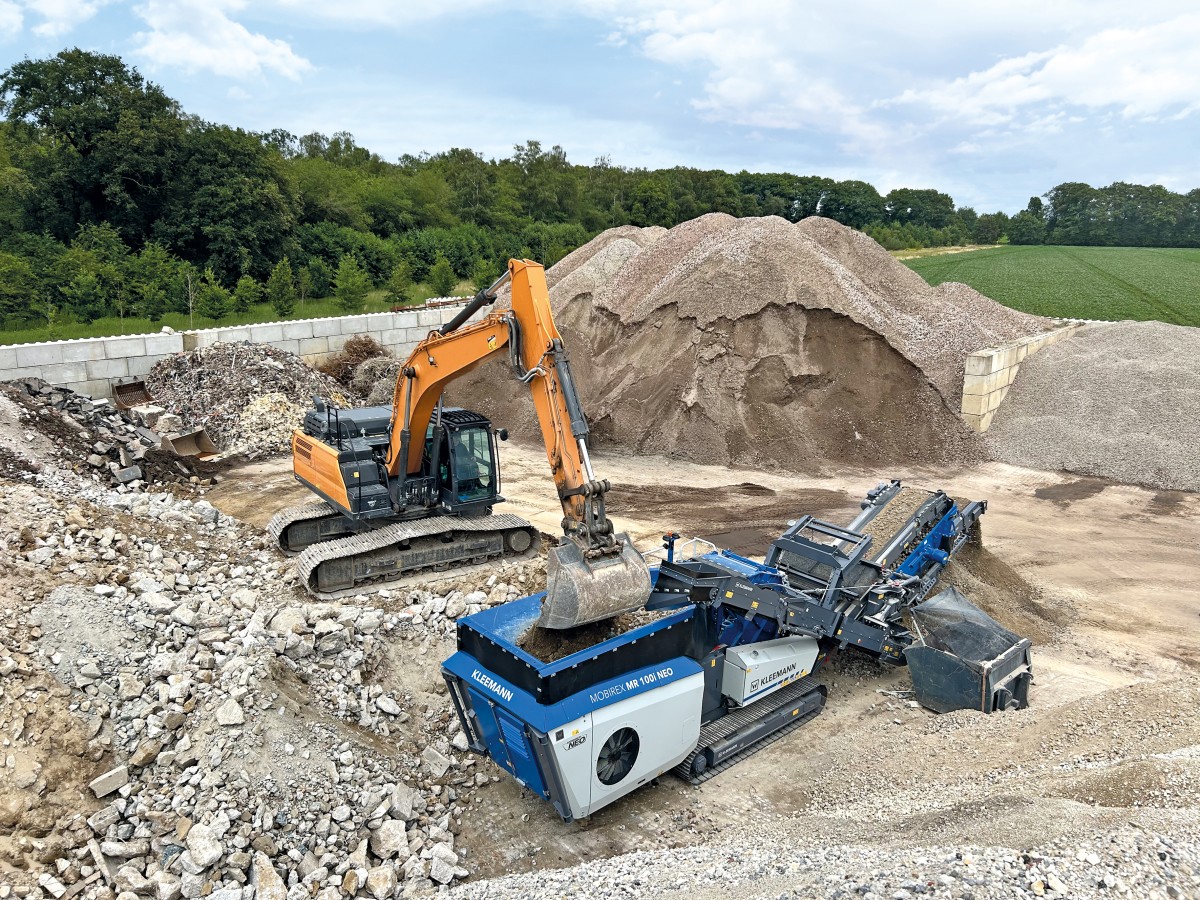
Earthmoving Machinery
21/11/2024
Kleemann: New compact crusher used for recycling
Impact crusher MOBIREX MR 100i NEO impresses during operatio...
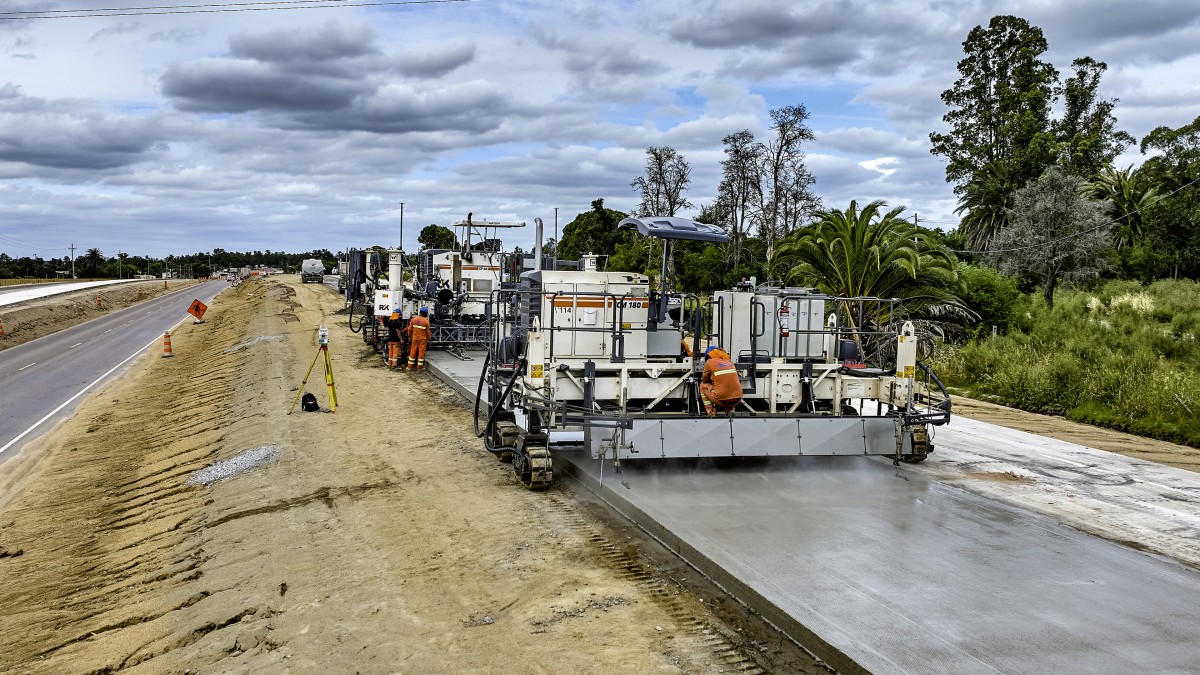
Road Machinery
04/11/2024
Wirtgen: Widening of the Ruta 5 highway from Montevideo to the Brazilian Border
Efficient concrete paving solutions from Wirtgen ensure the...
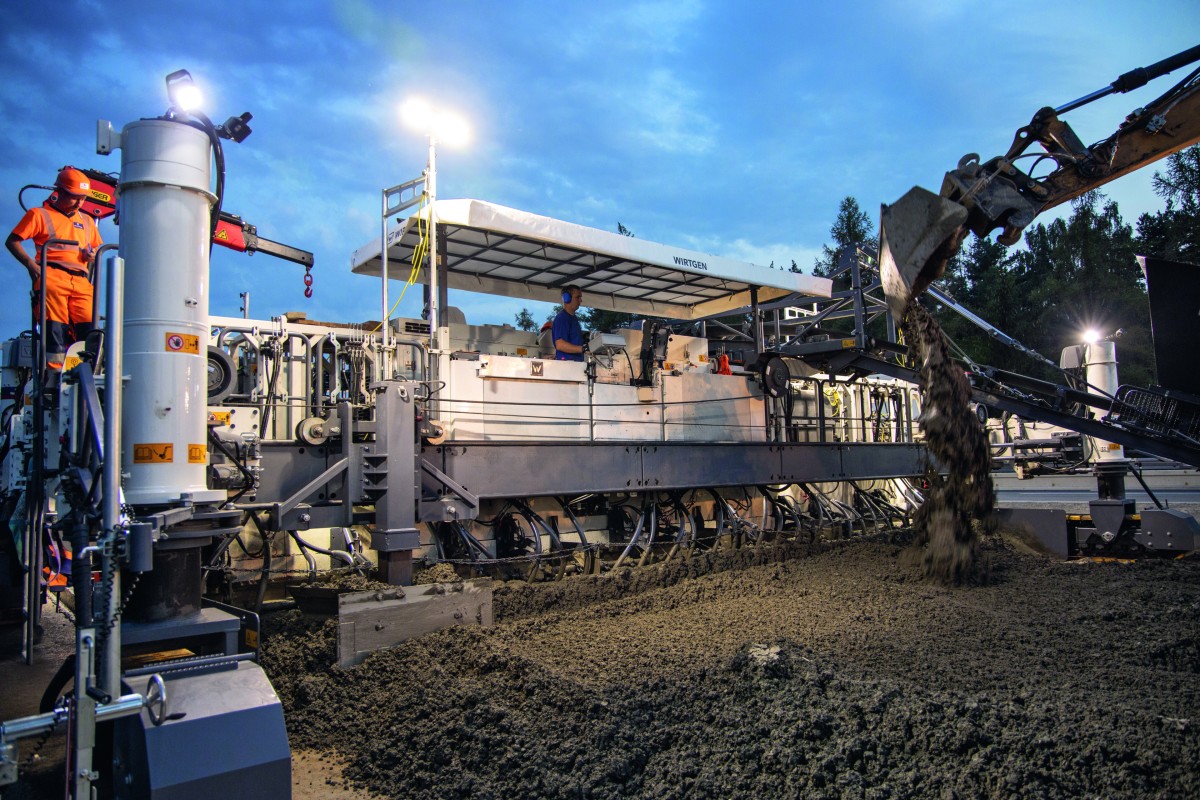
Road Machinery
31/10/2024
Wirtgen: Concrete paving with inset slipform pavers
Wirtgen has been offering machines for inset slipform paving...
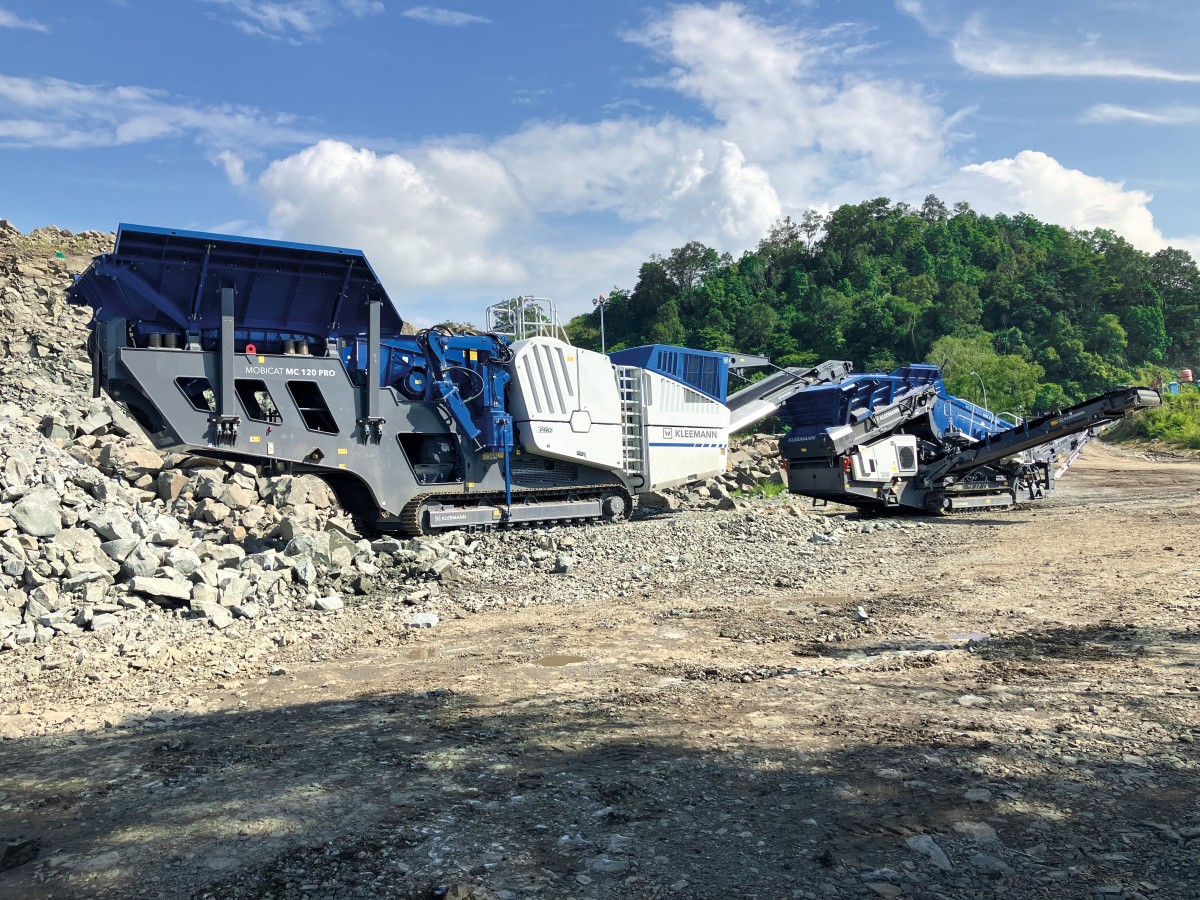
Earthmoving Machinery
28/10/2024
Kleemann: Andesite processing in Indonesia
A MOBICAT MC 120 PRO and a MOBISCREEN MSS 802 EVO are deploy...
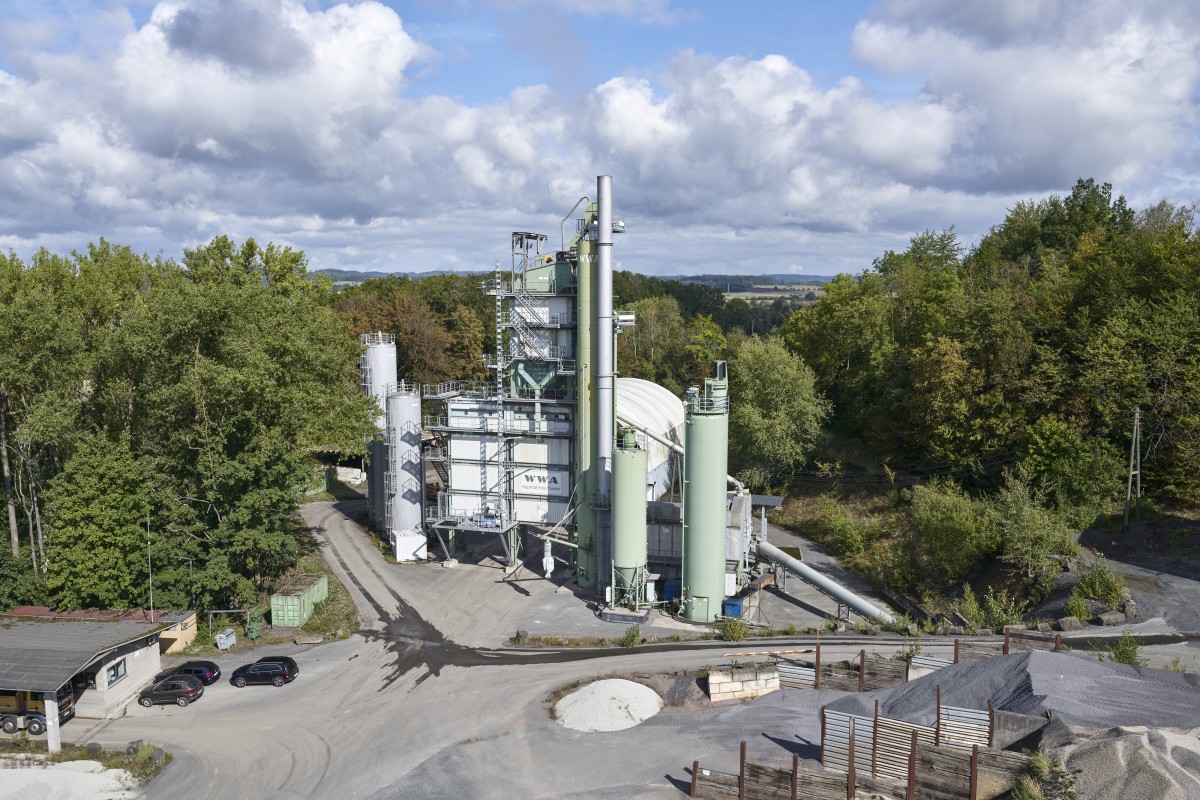
Earthmoving Machinery
24/10/2024
Benninghoven's REVOC system proven in practice
The REVOC Retrofit solution has been installed at an existin...
Road Machinery
01/10/2024
The Wirtgen Group at Paving Expo 2024
The Wirtgen Group presents groundbreaking technologies at Pa...
Altri International

International
03/12/2024
Manitowoc launches largest topless tower crane from Asia Range: the Potain MCT 2205
• With an 80 t maximum capacity and an 80 m jib, the new cra...
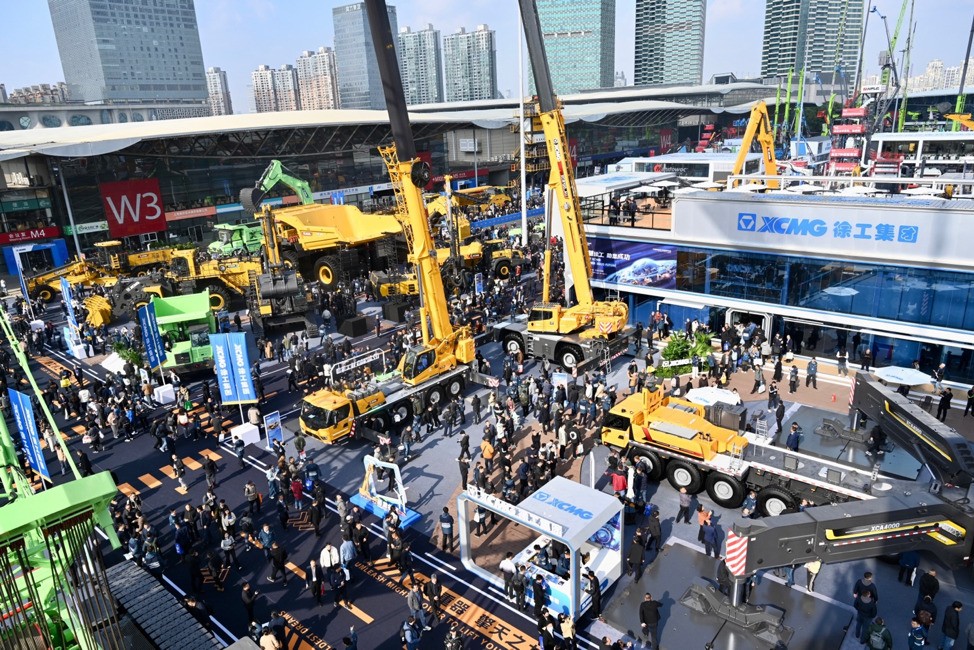
International
03/12/2024
XCMG with innovative products at Bauma China 2024
XCMG Leads Industry Development with Intelligent, Digital, a...
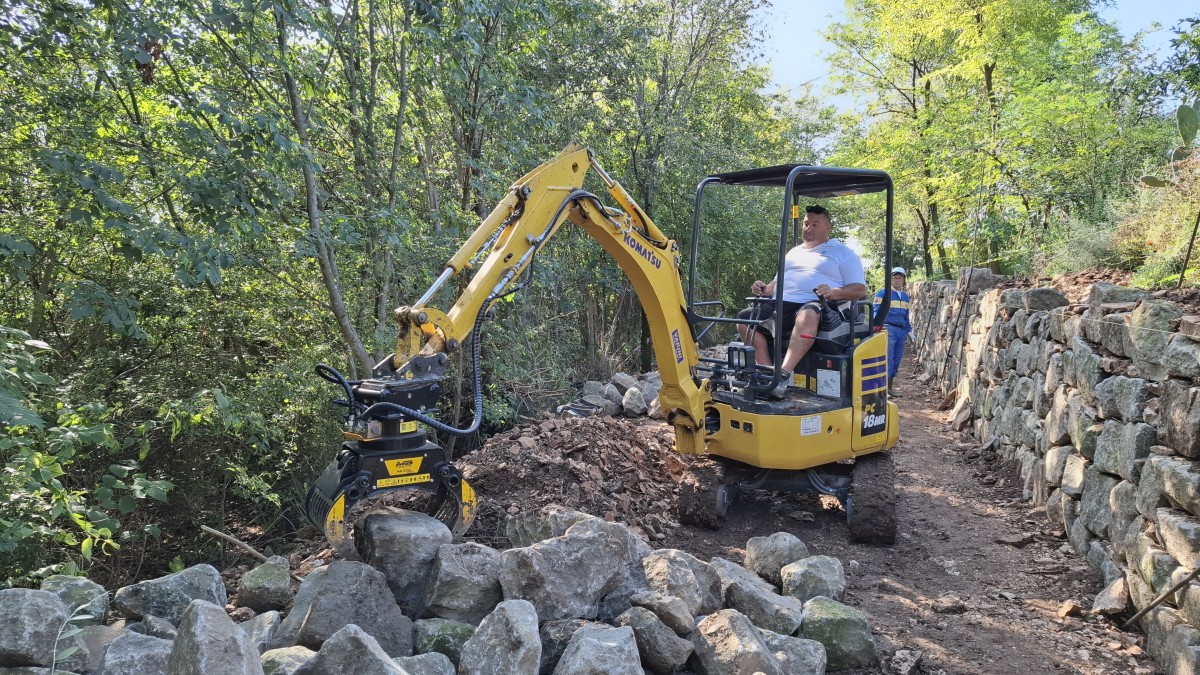
International
02/12/2024
With MB Crusher the tradition meets innovation
The ancient art of dry stone walling has found a new ally to...
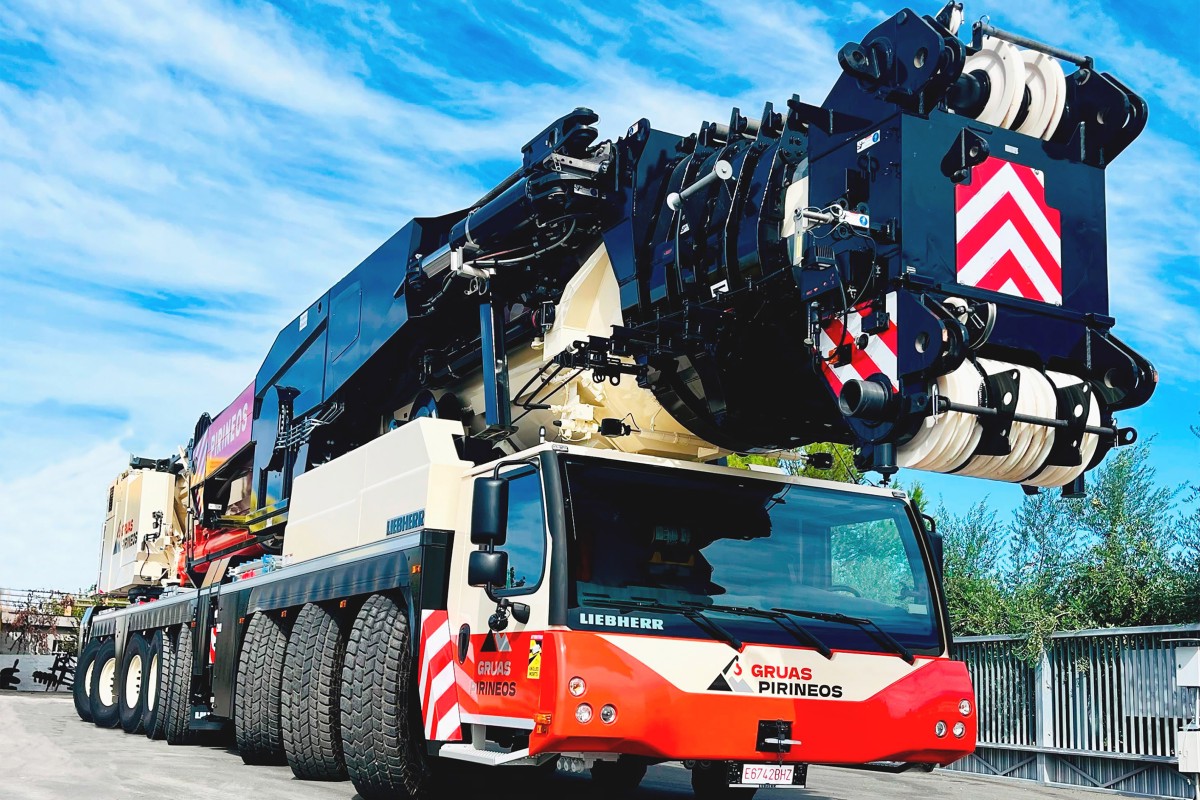
International
29/11/2024
Grúas Pirineos invests in a Liebherr LTM 1650-8.1 mobile crane
For Grúas Pirineos, the purchase of its first Liebherr mobil...
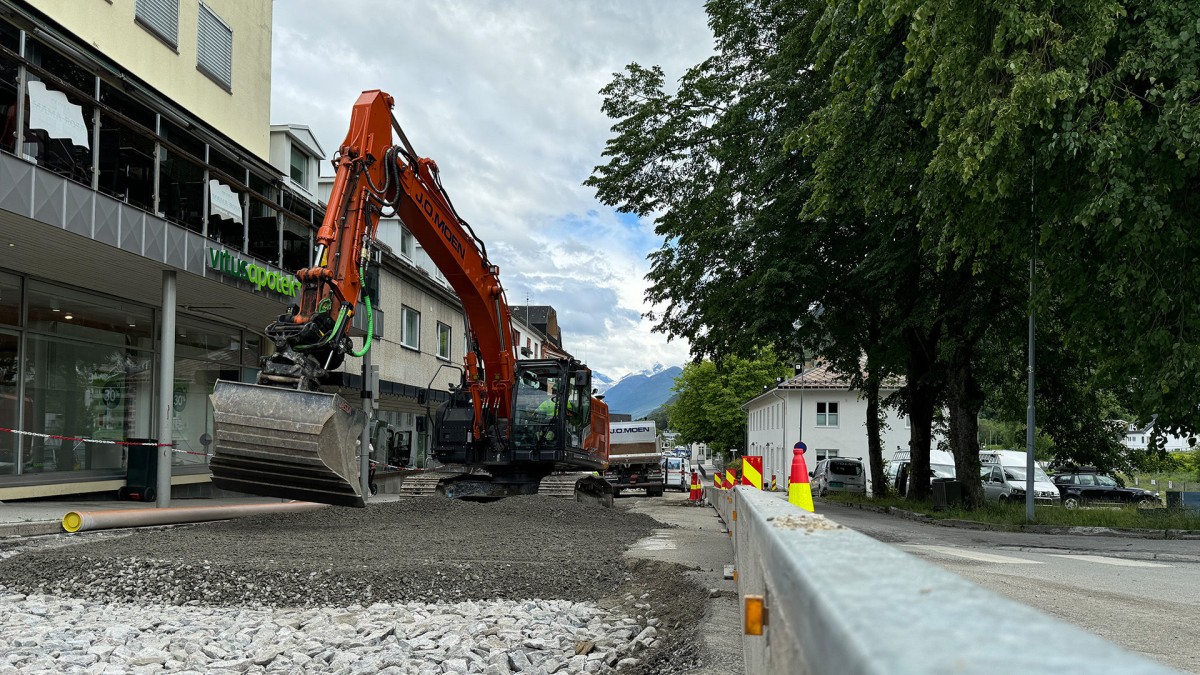
International
28/11/2024
Hitachi's Zaxis-7 excavator is a favourite for Norwegian family-business
Norwegian family business JO Moen AS has added a ZX225USRLC-...
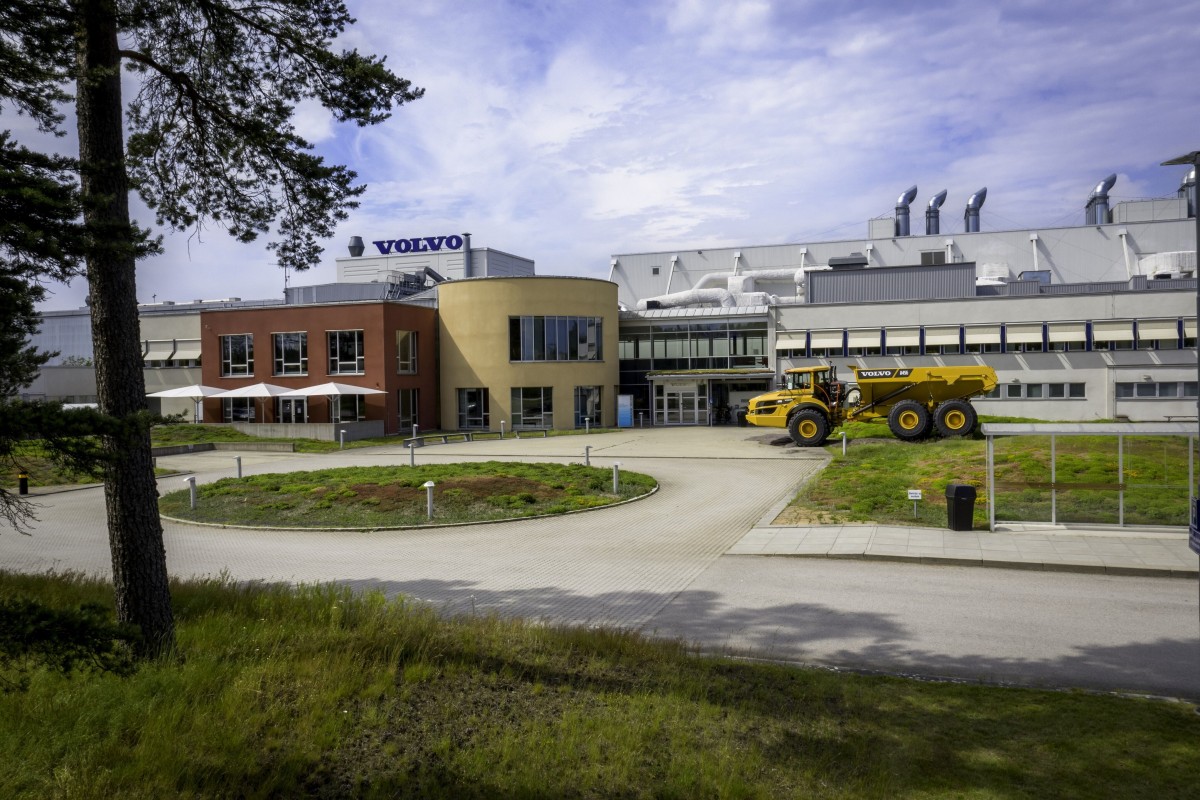
International
27/11/2024
Home of Volvo Construction Equipment’s pioneering articulated haulers advances to Climate Efficient Site
As one of the construction industry’s most active drivers of...











